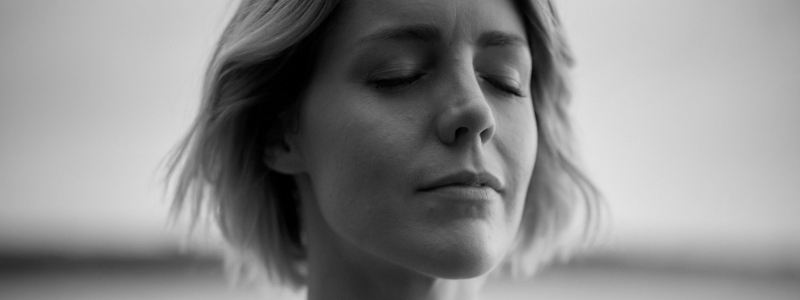For many women in the 21st century, the menopause leads to a sense of freedom, independence and creativity. Of course, I want to celebrate this, but I also want to talk about less welcome aspects. Culturally, the menopause is still somewhat feared and is something of a taboo. It is also open to derision and often referred to with euphemisms or jokes.
Sharing the experience
Things might be changing. Recently, a few women celebrities have used the media to share their physical and mental struggles through several years of the menopause. I believe that sharing these experiences publicly is especially important in a culture that does not take the reality of the menopause seriously. Think about the photographs of post-menopausal celebrities on the front pages of women’s magazines, looking glamorous with their obligatory bobbed and highlighted hair, subtle yet sexy make-up and carefully co-ordinated outfits. I do not want to dismiss women’s aspirations for wanting to look good at any age, but the demands for women to look sexually attractive can be punitive. The hostility Mary Beard received for appearing on television apparently unmade-up and with her hair worn long and grey is telling.
Physical symptoms and emotional wellbeing
Physiologically, the menopause is the cessation of menstruation and is medically defined as one year with no bleeding. Other physical symptoms include hot flushes, night sweats and insomnia, dry skin and hair and weight gain. We are likely to feel less sexually attractive, whatever our sexual orientation. There may be a drop in libido and physical changes in the vagina can make sex difficult or painful.
Fortunately, there are hormonal and medical interventions that can treat these physical symptoms with some, but not complete, success. Along with the physical changes in our bodies, psychological symptoms related to the menopause can affect our emotional well-being and leave us feeling vulnerable. Changes in how we experience ourselves, such as being unusually grumpy or depressed, voicing our frustrations or losing our temper can be disconcerting and make us wonder if we are going a bit crazy. This is especially so in a culture where women are rewarded for being nice, kind and caring.
The menopause, life events and relationships
The physiological and psychological effects of the menopause coincide with inevitable life events for women in their 40s and 50s. These include decreasing fertility and the end of child bearing or the hope of ever giving birth. In an age of increased life expectancy, the hope of having time in later to do what we have always wanted may vanish as we see ageing parents need care and support. It is also a stage in life when children leave home, another kind of painful loss that can throw the focus onto the dissatisfactions of a marriage or partnership. Long-held resentments towards a partner can be a factor in a lack of sexual desire. If both partners feel less interested in sex, a less active sex life is part of growing older together. However, clinical research tells us that a decrease or cessation of sexual desire and sexual activity is one of the most pressing and distressing concerns for menopausal women (Kolod 2009). It is probably the most difficult to talk about because of a sense of shame and a feeling the situation is hopeless. Depression is an understandable result. For women not in relationships or without children, or affectionate children, the menopause may be an acute reminder of the lack of an intimate or physically loving relationship.
How counselling and psychotherapy can help
Exploring these questions in a safe and supportive environment is a chance to think about and express the experience of the menopause without judgement. In this setting, losses, regrets and unrealised dreams can be grieved without recrimination. Working with a counsellor or psychotherapist can help us come to terms with these physical and social changes and lessen the emotional distress and negative impact on daily life. It is an opportunity to look at what getting older means for us and the choices and freedoms we have to live our own futures.
Reference: Susan Kolod (2009) Menopause and Sexuality, Contemporary Psychoanalysis, 45:1, 26-43, DOI: 10.1080/00107530.2009.10745985
Brighton and Hove Psychotherapy is a collective of experienced psychotherapists, psychologists and counsellors working with a range of client groups, including fellow therapists and health professionals. If you would like more information, or an informal discussion please get in touch. Online therapy is available.

Leave a Reply